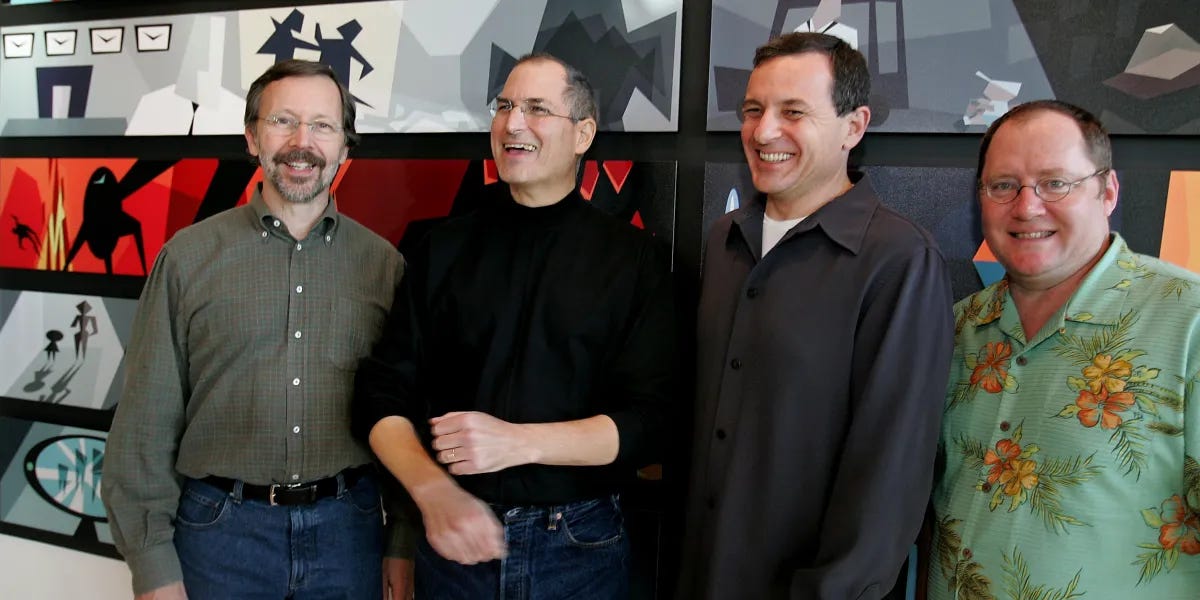The Brief: Creativity multipliers and how nature informs design
This issue is sponsored by UserTesting. Join us in Austin Oct 28-30 for The Human Insight Summit.
In this issue of The Brief:
How to multiply creativity with lessons from Pixar, OK GO, and Meta
How to stay connected to nature to fuel your creativity, with Natsai Audrey Chieza, David Sedaris, and John Cleese.
Videos, books, and articles to challenge and inspire
Creativity multipliers
By Aarron Walter
The most dangerous word in creative collaborations is me.
It represents a thirst for ownership, credit, and recognition. It crowds out contributions from others and shuts down dialogue that could lead ideas in new directions.
Pixar co-founder and former CEO, Ed Catmull, told us that when he asked himself which parts of the Oscar winning film Toy Story represented his contribution, he was separating himself from the team.
“... how much of [Toy Story] was me? I realized trying to answer that question is an act of separation. And that isn't what happened. There is no separation. There is no line.
Trying to answer that leads you down a bad path. We really are doing this together. And if we do this well, then it's very fulfilling, it's emotionally fulfilling, and it makes a difference.”
Creative collaboration at its best can have a multiplier effect. Like a timpani drum rumbles to crescendo under many mallets, ideas are amplified as they are shaped by many minds.
“When a collaboration works, it feels like cheating to everybody involved. I came in with a really good idea and I'm leaving with an even better one. If there's a lot of territorialism over credit, that can't work.”
Damien Kulash, front-man of OK GO, calls this phenomenon the “one plus one equals more than two factor”.
“If what we want is this amazing thing and everybody who's involved is part of this amazing thing then it's very additive and everybody who puts something into it gets the total out of it.”








